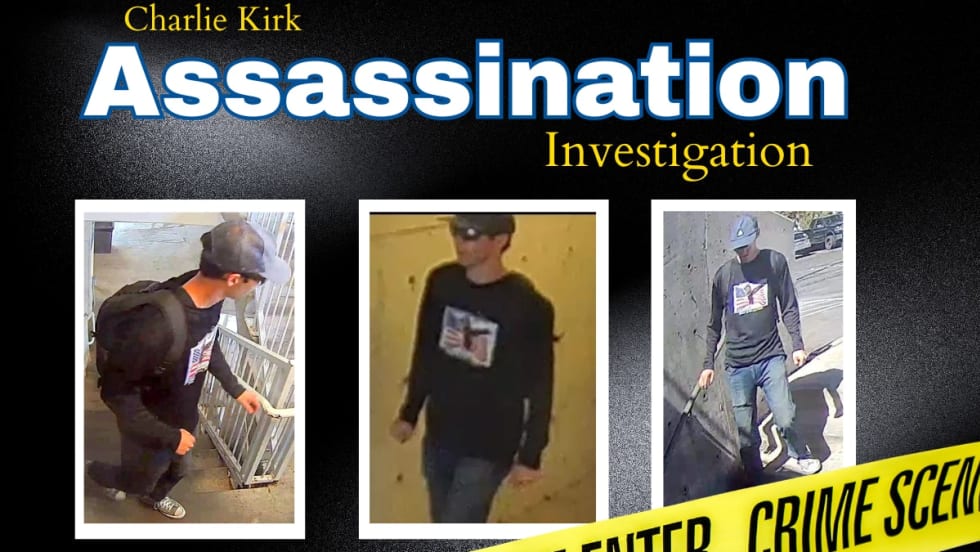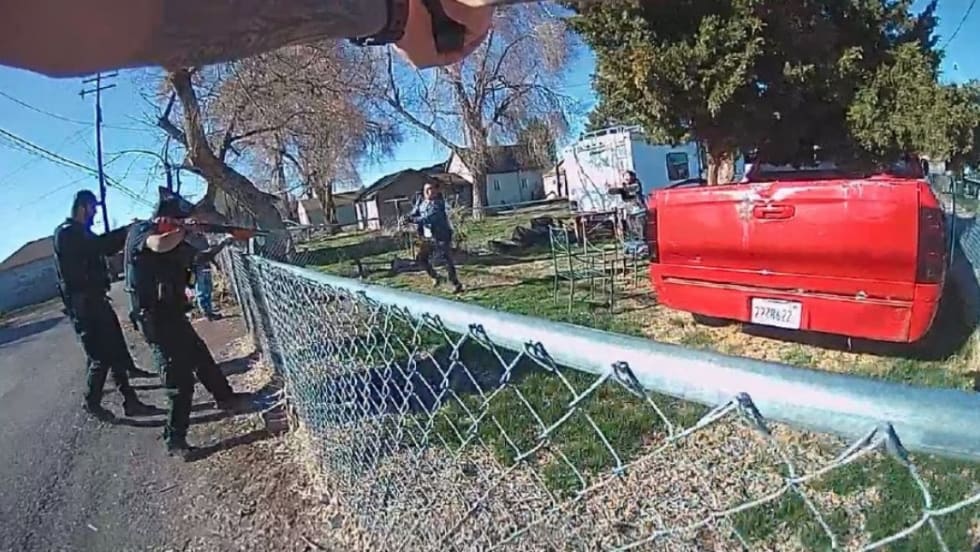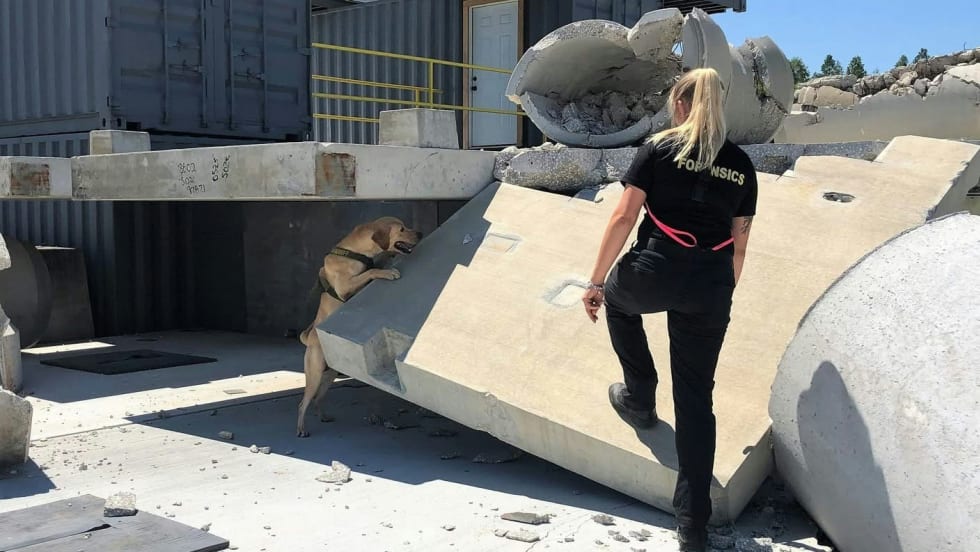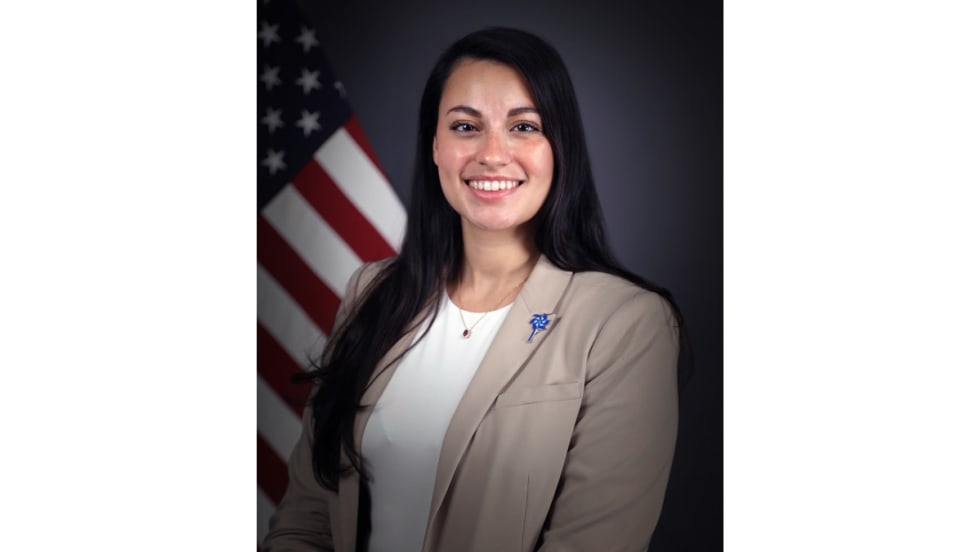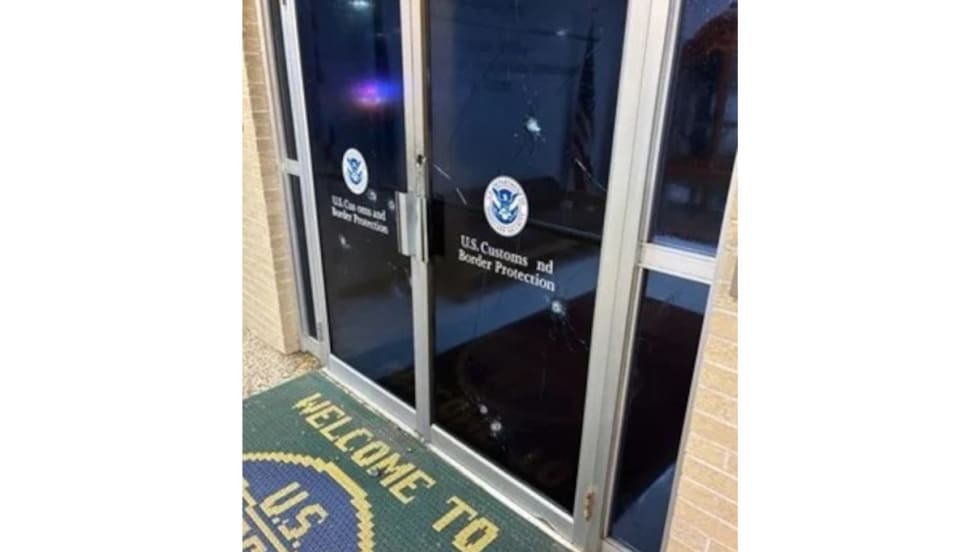Qiagen has announced a cooperative research and development agreement with the FBI to develop a novel test for its QIAcuity digital PCR devices that will boost forensics by improving the quantification of DNA in human samples.
The collaboration aims to develop a first-of-its-kind digital PCR (dPCR) assay that can simultaneously quantify in absolute terms nuclear and mitochondrial DNA concentrations, male DNA, and include quality markers for degradation and inhibition.
Forensic samples often contain very small amounts of DNA, which can be further compromised by age or environmental factors such as soil. Compared to traditional quantitative PCR, dPCR offers a higher tolerance to inhibitors and enables forensic specialists to detect and quantify even minimal amounts of DNA with high accuracy. This capability significantly improves the success rate of forensic analysis while saving time and money.
Accurate DNA quantification in casework samples is also crucial for informed workflow decisions in successful next-generation sequencing (NGS) analysis. By using the appropriate amount of DNA in library preparation, sequencing errors or biases are minimized. NGS is particularly important for analyzing mitochondrial DNA in traces without nuclear DNA such as shed hairs, aged bones and teeth, or environmentally exposed samples. This analysis plays a critical role in identifying human remains.
The agreement between Qiagen and the FBI enables the sharing of resources and expertise for collaborative research that advances the FBI mission. “The FBI conducts research to develop new capabilities that advance forensic science. This novel digital PCR assay could benefit the FBI and other forensic laboratories. We are excited to collaborate with Qiagen to evaluate the potential of this capability in forensic casework,” said Eric Pokorak, assistant director, FBI Laboratory Division.
“Qiagen is proud to be working with the FBI Laboratory Division to create one of the first forensic assays able to quantify mitochondrial DNA,” said Richard Price, vice president and head of the HID and forensics business at Qiagen. “Better DNA quantification will allow the FBI’s scientists and the forensic community to analyze a broader range of evidence more quickly, accurately and reliably, even from challenging samples. This advance in forensic science proves the relevance of dPCR in enhancing the reliability and impact of forensic evidence in convicting the guilty and exonerating the innocent.”
Qiagen’s QIAcuity platform uses nanoplates to disperse a sample over thousands of tiny partitions and then read the reaction in each one simultaneously to quantify even the faintest genetic traces. The dPCR technology used in QIAcuity provides precise, binary results by counting the presence or absence of DNA molecules, resulting in a low error rate and high precision necessary for courtroom testimony.
The QIAcuity systems – available in one, four and eight-plate versions – integrate partitioning, thermocycling, and imaging into one workflow, cutting processing times to only two hours from six. With multiplexing capabilities of up to 5-plex, the one-plate version can process up to 384 samples in an eight-hour shift and the eight-plate version up to 1,248. At the end of 2023, more than 2,000 cumulative instrument placements had been made.
About the FBI’s Laboratory Division
The FBI conducts research and development activities as a recognized federal laboratory. This agreement will support the FBI LD, a division within the Scientific and Technology Branch, whose mission is to collect, analyze and share timely scientific and technical information. The FBI LD’s primary locations are the FBI Academy in Quantico, Vir and FBI Redstone in Huntsville, Alabama.
About Qiagen’s forensics and human identification portfolio
Qiagen has a leading position in the human identification and forensics market, having pioneered the introduction of commercial DNA purification kits for forensic casework samples in the late 1990s. Today, its comprehensive portfolio includes solutions for processing sexual assault samples, identifying missing persons, age estimation and tissue identification, anthropology research and kinship testing.
Qiagen is the only company to offer an integrated range of forensic solutions using PCR, dPCR, and NGS technologies, supporting law enforcement and forensic researchers through every step in the human identification pipeline – from sample collection to sample preparation to assay setup and quantification to STR and NGS analysis.
In early 2023, Qiagen further expanded its range of downstream NGS-based forensic products with the acquisition of Verogen, a leader in the use of NGS technologies, to further drive the future of human identification and forensic investigation. In addition to its sample collection and preparation solutions, Qiagen now provides sequencing and bioinformatics solutions as well as a genealogy database, thus offering the most complete portfolio in the human identification and forensics market.
Learn more: https://www.qiagen.com/applications/human-identity-and-forensics
About Qiagen
Qiagen’s sample technologies isolate and process DNA, RNA and proteins from blood, tissue and other materials. Assay technologies make these biomolecules visible and ready for analysis. Bioinformatics software and knowledge bases interpret data to report relevant, actionable insights. Automation solutions tie these together in seamless and cost-effective workflows. Qiagen provides solutions to more than 500,000 customers around the world in Molecular Diagnostics (human healthcare) and Life Sciences (academia, pharma R&D and industrial applications, primarily forensics). As of March 31, 2024, Qiagen employed more than 5,900 people in over 35 locations worldwide. Further information can be found at http://www.qiagen.com.



